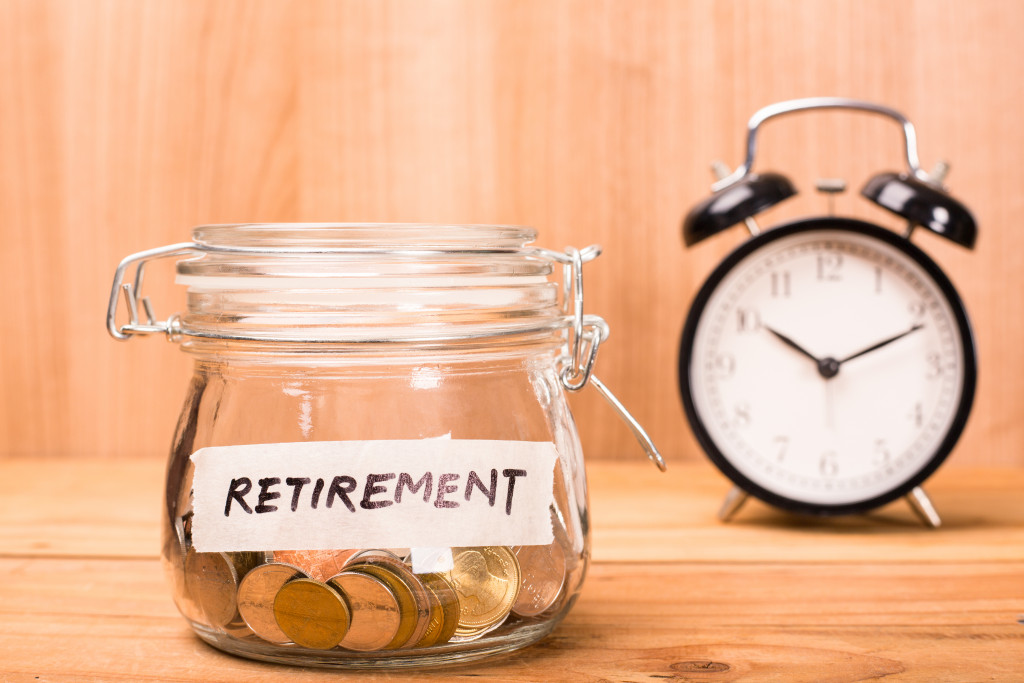Growing old without a family should not be a hindrance to a great retirement. Many retirees make it to the end with no regrets, even without a spouse or children by their side. However, there is no denying that growing old without the help of an immediate family can be difficult—but there are plenty of ways to make the journey easier.
Whether you are getting close to retirement or are young with no plans to start a family, here are some of the most important tips to help you plan a great retirement:
-
Increase your retirement savings
Everyone should work towards a retirement fund regardless of marital status or if they have children. If you are a single person with no spouse or children (and no plans to have any), building a substantial retirement fund can be easier, seeing as that you don’t have dependents to support throughout your life.
One of the best ways to start is by increasing your 401(k) contributions. The default savings rate for most employees is 3%, but this may not be enough to support your lifestyle when you retire. That said, try to increase your contributions every time you get a raise or get a higher-paying job until you can contribute at least 20% of your pay.
Another strategy is to take advantage of your employer’s 401(k) match if they offer it. Increase your contributions as much as possible to maximize the amount that they match, and then stay with that employer until you are fully vested.
-
Plan for a nursing home

When you don’t have a family to support you when you can no longer live independently, you may have to check yourself into a nursing home, an assisted living facility, or a senior village (whichever is most applicable). On the flip side, you have full control of which facility you go to and at what age you move there.
As early as now, consider the possibility of moving to a senior facility when you grow older. Similarly, figure out how you’ll pay for it, whether by cash or insurance (long-term care insurance, Medicaid, Medicare). Your IRA or 401(k) can also be a source of funds unless it is in payout status.
-
Get critical illness insurance
Your regular medical insurance may not be enough to cover your expenses if you happen to suffer a critical illness, such as a stroke, heart attack, or cancer. That said, it is always a great idea to get critical illness insurance for additional coverage, especially if you are single.
Depending on your policy, you can make claims for a few thousand dollars up to a hundred thousand dollars or more. Critical illness insurance can also cover nonmedical costs related to the illness, such as transportation, income losses, and more, which can help you weather the storm as you recover.
Get critical illness insurance as early as possible since most companies will refuse to cover individuals who already have pre-existing conditions or high-risk factors for certain illnesses. While you are young and healthy, take out this type of coverage and get the highest amount you can afford.
-
Build a support system
One of the main concerns of single people is that they won’t have anyone to take care of them when they are old. However, you still have your extended family, your friends, paid professionals, and even your neighbors to offer a helping hand whenever you need it. Build good relationships with them early on to avoid isolation when you grow older, especially when you can no longer live independently.
Furthermore, write a will as early as possible. Find at least one person to be your executor when you become incapacitated or pass away unexpectedly. They can be an extended family member, a trusted friend, or even your lawyer. Ensure that they know about the last wishes you have in your will and are more than willing to execute them when you eventually pass.
-
Build a hefty emergency fund
When flying solo for years, it’s easy to feel complacent with your finances when you have no one else to support you. Don’t make this mistake lest you find yourself in a financial emergency; build a substantial emergency fund with at least a year of living expenses (not three or six) to give you a larger cushion in case something happens.
Growing old without a spouse or children can be a scary idea, but it’s not as dreadful as one may think. With the right preparation and a good sense of self-reliance, you can ease into retirement with little to no worries about the future.

